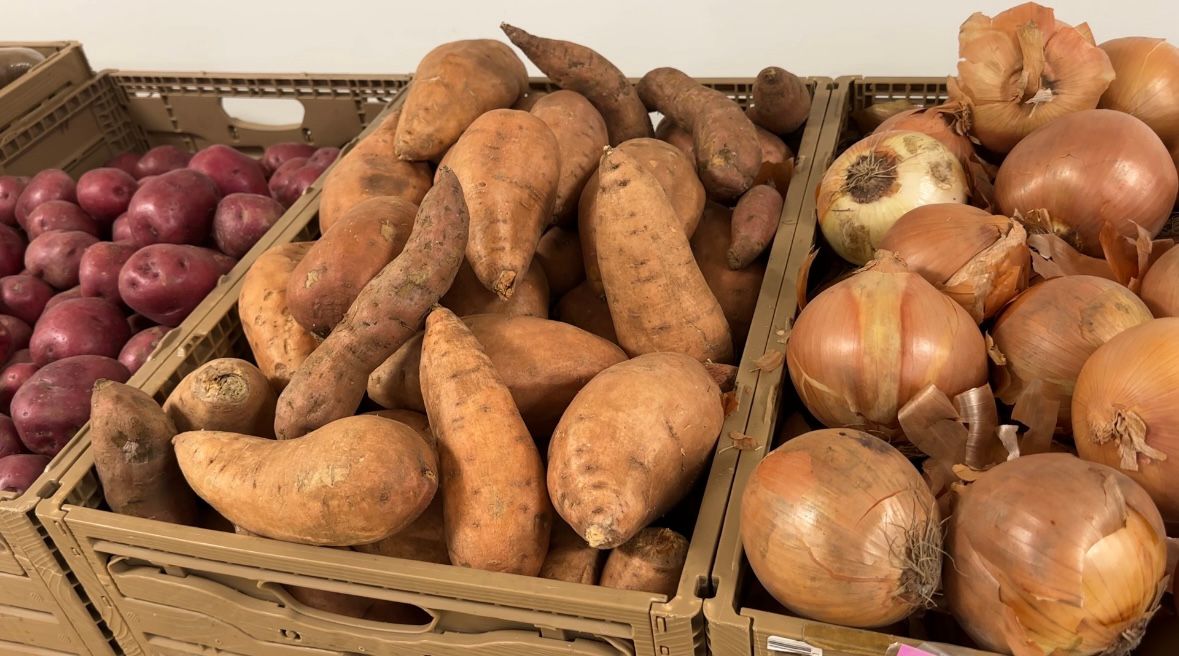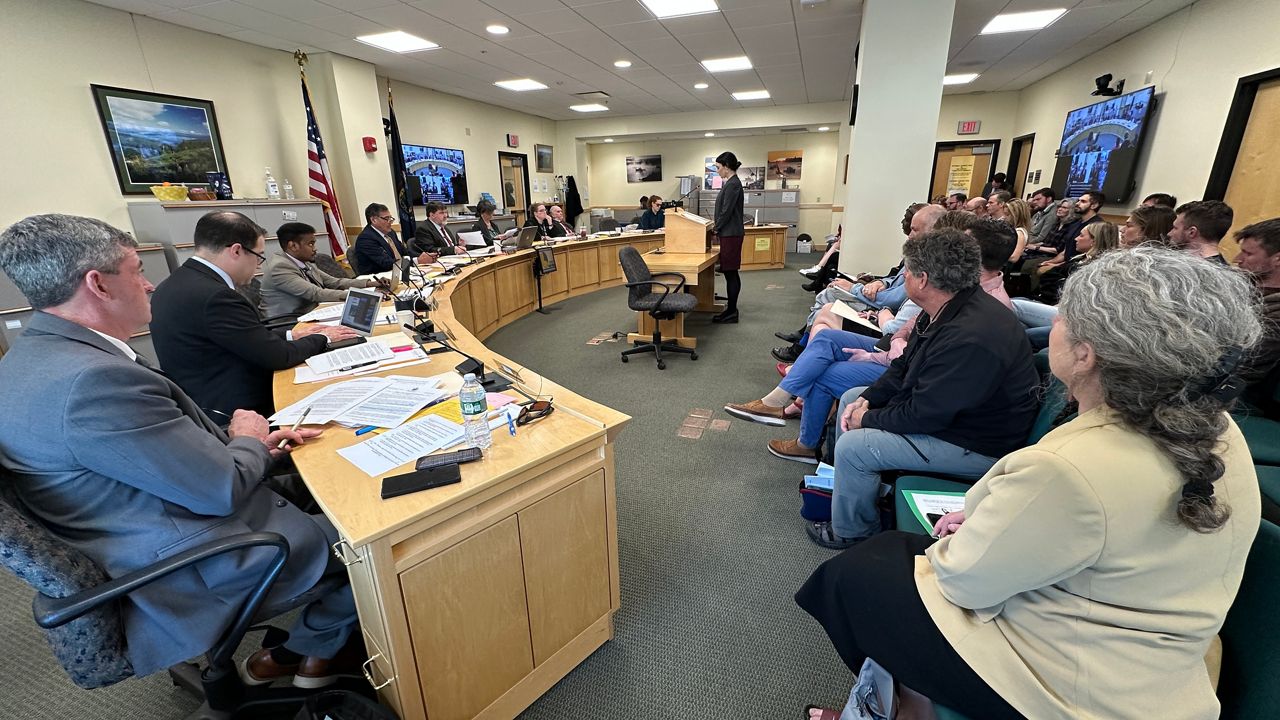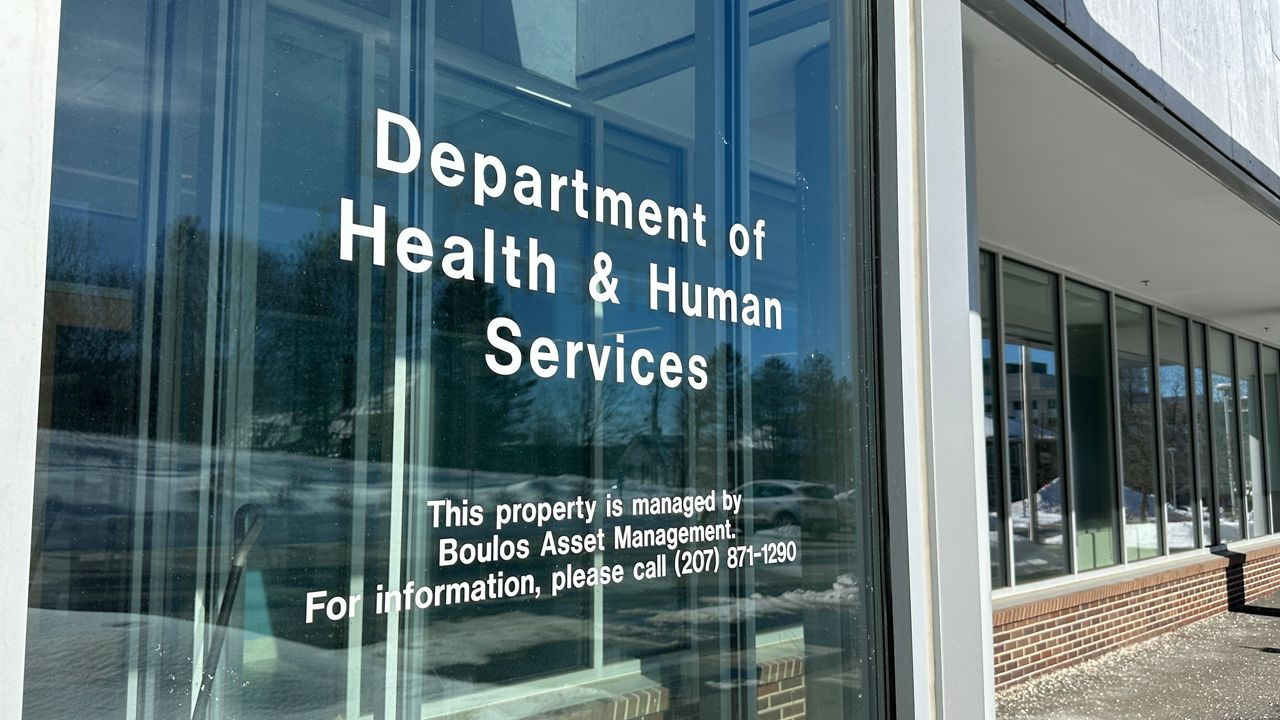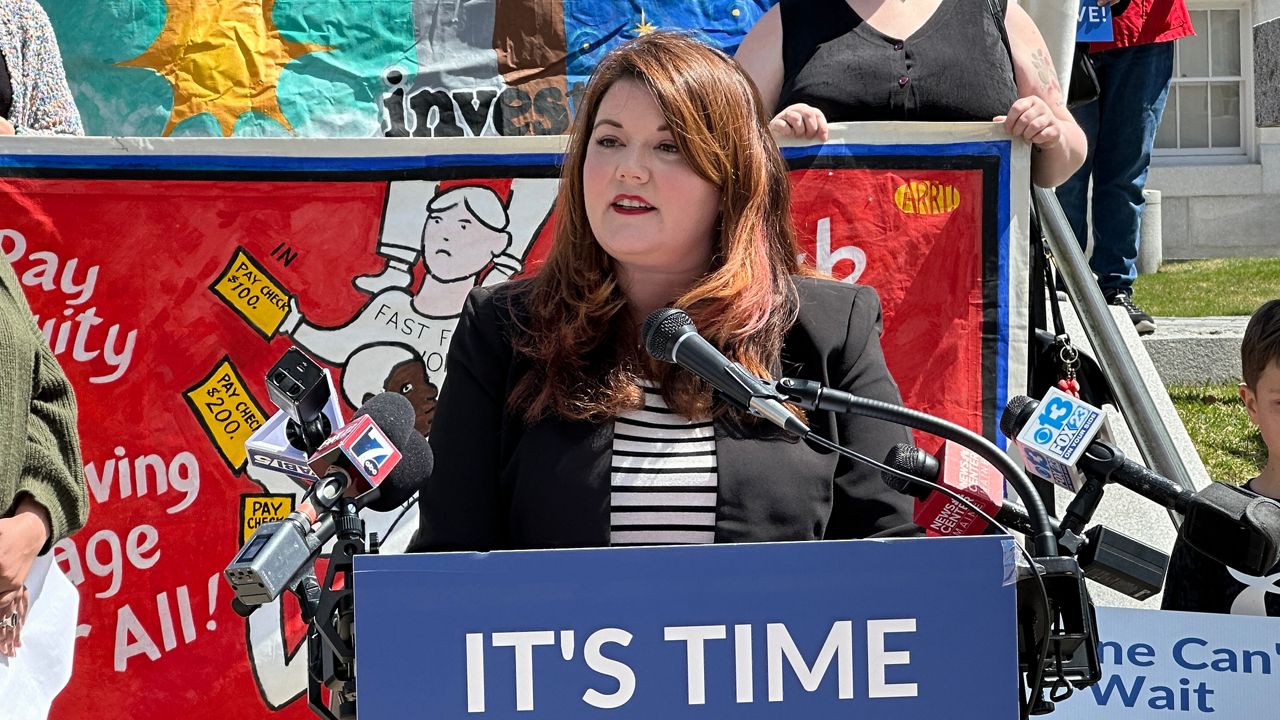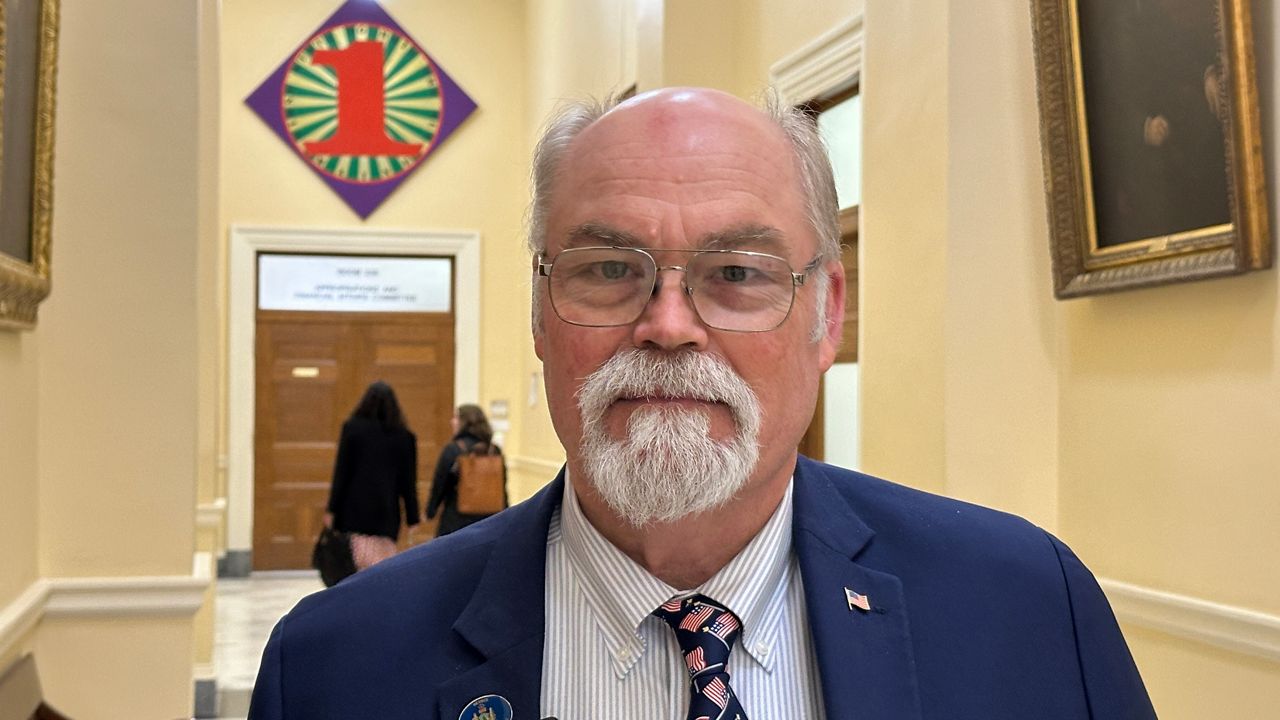AUGUSTA — While volunteering at a food pantry in Gray, Rep. Anne Graham remembers the mom in the minivan who pulled up to ask for food.
“She was so embarrassed, tears in her eyes, that she had to ask for help,” Graham said. “I carry that with me. I want to find a way to reach out to the middle class who may be struggling.”
A North Yarmouth Democrat, Graham is sponsoring LD 415, which proposes to spend $2 million over two years to support nonprofits that provide statewide hunger relief services.
One in eight people in Maine live in households that struggle to afford enough food to eat, according to the Governor’s Office of Policy Innovation and the Future. And when it comes to children, Maine has the highest rate of food insecurity in New England, with one in five children living in food insecure households.
The data also shows some improvement over time. From 2012-2014, 16% of Maine households had low or very low food security, according to the policy office. But by 2021-2023, that percentage dropped to 10.9%.
At the same time, local food pantries are serving more households. In 2022, a sample of about 300 food pantries showed an average number of households served per month of 36,931. That grew to 40,763 in 2023 and jumped again to 50,383 in 2024, according to data from Good Shepherd Food Bank.
Heather Paquette, Good Shepherd president, said she asked Graham to sponsor the legislation for additional funding to support their Mainers Feeding Mainers program. The program buys fresh produce from 100 farmers in all 16 counties and the food is then sent to local food pantries.
Instead of “dented cans and rusty boxes” Mainers who need help can find fresh, local food, she said.
The program also offers farmers financial stability, with Good Shepherd providing a steady source of income.
As it is now, the state spends $1 million a year on the program and Good Shepherd uses $2 million in donated funds to pay for the expenses.
But the program is costly, coming in at 65 cents per pound of food on average, compared to 35 cents for food brought in from Canada, Boston or Philadelphia, Paquette said.
“We want that money to stay in Maine,” she said. “We really believe in the Mainers Feeding Mainers program. We really need this cost sharing model to come to life.”
Across Maine, 180,000 people are food insecure and distribution to Good Shepherd’s network of 623 food pantries is up 10% year over year, she said.
Graham’s bill is one that will come before lawmakers this year to address hunger. Another is sponsored by Rep. Henry Ingwersen (D-Arundel), which proposes to spend $2.4 million over two years to create a new fund to provide nutrition incentives and to match donations from public and private sources.
Both bills — and any others that propose to spend money — will face an uphill battle at a time when state revenues are flattening, and the state faces a budget deficit.
While Graham is well aware of the state’s budget situation, she wants to make sure the issue of hunger continues to be part of the legislative conversation.
“This is a great need,” she said. “If this doesn’t get funded because of budget restraints I understand that. But I’m not going to not ask. It’s so important. We hope they will find a way that we can continue to feed Mainers who are hungry.”





